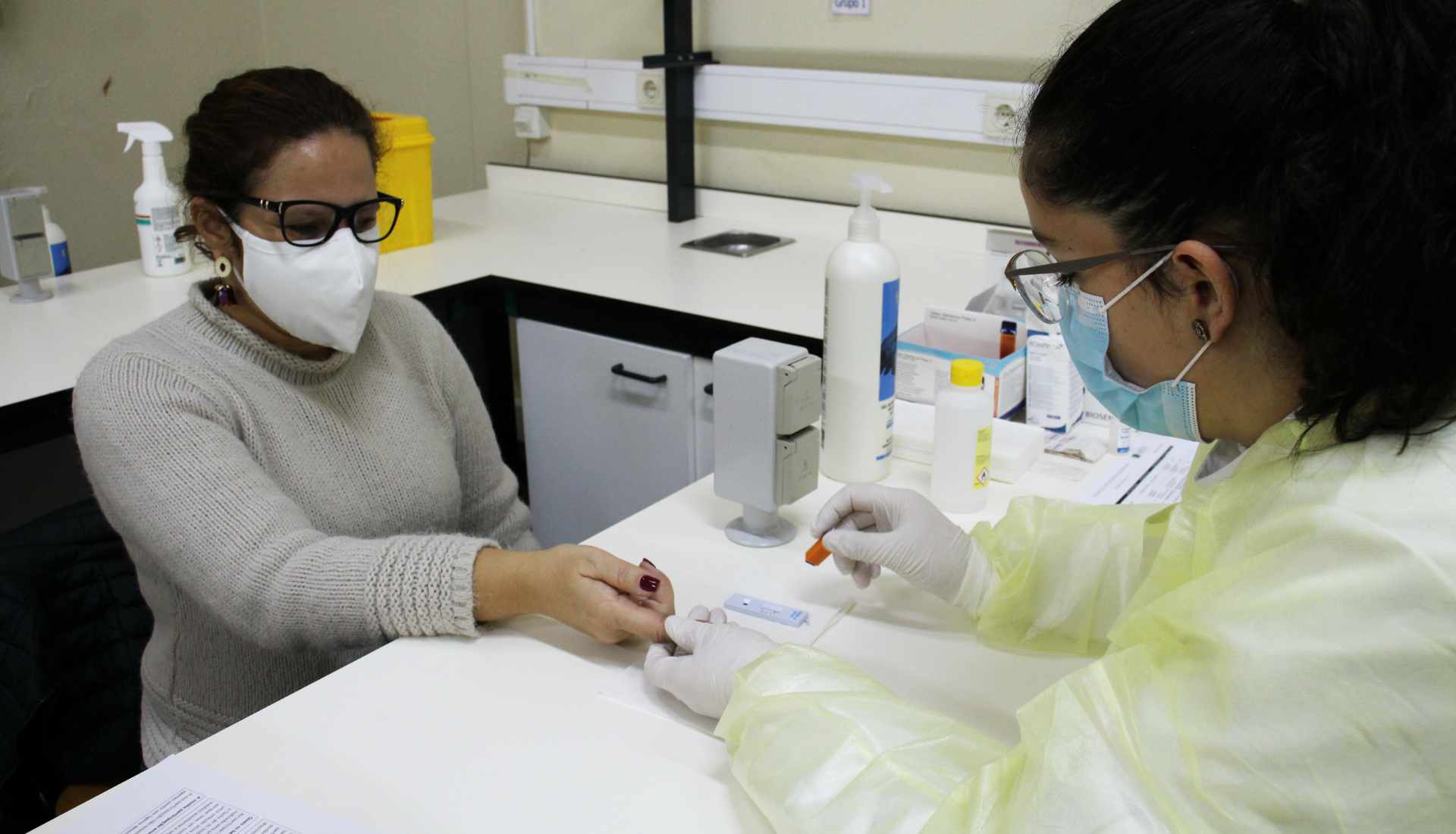A study by the Instituto de Saúde Pública da Universidade do Porto (ISPUP) concluded that there is no direct link between SARS-CoV-2 infection, the cause of COVID-19, and proximity to railway lines and train stations in the Lisbon Metropolitan Area. The socioeconomic conditions of the parishes seem to be the most determining factor for the risk of contagion.
The investigation was carried out between May 2nd and July 5th, and focused on the parishes of the Metropolitan Area of Lisbon, crossed by the railway lines of Azambuja, Sintra, Cascais, Sul (Fertagus), Sado and Oeste.
The objective of the study was “to understand the relationship between the parishes closest to railway stations and train lines and the increase in infections caused by SARS-CoV-2, the virus that causes COVID-19 disease”, explains Milton Severo, first author of the study, coordinated by Teresa Leão and Henrique Barros.
The researchers analyzed the number of infections that occurred in the parishes crossed by the above-mentioned railway lines, between May and early July, and concluded that there is no direct link between proximity to the railway lines and the risk of infection in the community.
“Although we have seen an increase in cases, for example, in the parishes crossed by the Sintra line, this was not common in parishes crossed by other lines, as such, we cannot establish an association. We found that there is no homogeneous link between proximity to railway lines and the increased risk of disease transmission. However, we cannot say that there cannot be contagion inside the trains”, says the researcher.
The study showed that the risk of infection in the parishes closest to the railway lines was at the same level as the risk of infection in the parishes furthest from railway lines.
Socioeconomic conditions and the risk of contagion
Although they did not conduct the study for this purpose, the researchers found that, as of April, the most determining factor for the risk of contagion was the socioeconomic conditions of the parishes.
“From April onwards, we noticed that the parishes with greater socioeconomic deprivation presented a higher risk of infection, so the socioeconomic conditions of the places appear to better explain the increased risk of contagion”, he points out.
Researchers Ana Isabel Ribeiro and Raquel Lucas also participated in the study entitled Urban rail transport and SARS-CoV-2 infections: an ecological study in Lisbon Metropolitan Area. The work is public and can be consulted, HERE.
Image: Pixabay/MichaelGaida



